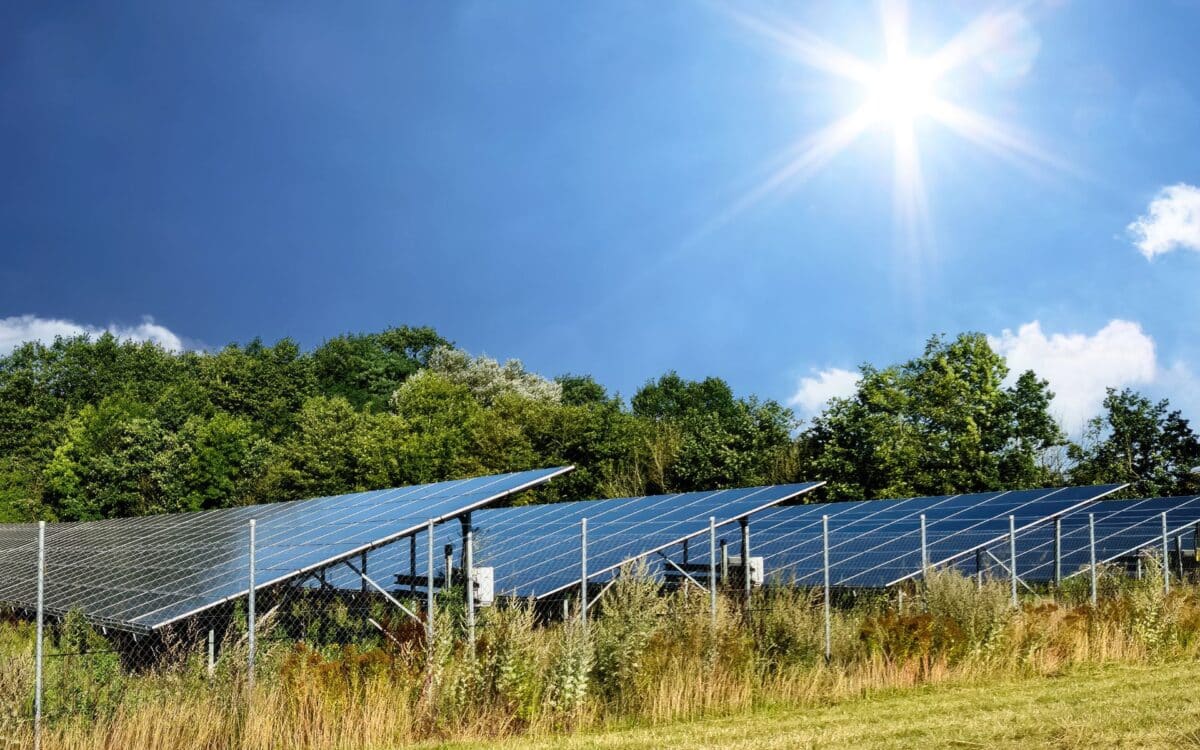The Australian Senate Economics Legislation Committee has recommended the passage of a bill introducing tax incentives for hydrogen production and critical minerals processing, emphasising their importance for industrial growth and the transition to a low-carbon economy.
Tax incentives to boost hydrogen and critical mineral processing
The Future Made in Australia (Production Tax Credits and Other Measures) Bill 2024, which was introduced in late November, proposes two primary incentives:
- A hydrogen production tax incentive (HPTI) : a refundable tax offset of $2 per kilogram of eligible renewable hydrogen, available to companies meeting the specified criteria.
- A critical minerals production tax incentive (CMPTI) : a refundable tax offset designed to support domestic processing of minerals essential for clean energy technologies.
The committee’s report, released last week, states that these incentives will play a crucial role in strengthening Australia’s industrial capabilities while facilitating the transition to net-zero emissions.
Walsh Urges Swift Approval for Net-Zero Growth
Committee chair Senator Jess Walsh urged Parliament to act swiftly on the bill, calling it a strategic move to enhance economic resilience and security.
“The production tax incentives will be a critical enabler to the growth and development of Australia’s renewable hydrogen and critical minerals processing sectors,” the report noted, highlighting its alignment with the government’s broader goals of attracting global investment and driving the net-zero transition.
Senator Walsh described the transformation towards net-zero industries as a “golden opportunity” for Australia, reinforcing the need for the bill’s prompt approval.
Greens Highlight Investment and Indigenous Opportunities
Greens Senator Nick McKim also backed the proposal, citing its potential to attract investment and expand opportunities for Indigenous Business Australia.
“Australia is well positioned to help unblock global bottlenecks on the resources needed for global decarbonisation,” McKim stated.
He emphasised that renewable hydrogen and critical minerals are vital inputs for global clean energy supply chains, with the potential to drive job creation and economic growth in Australia.
Australia Backs Clean Energy Tax Incentives
The committee’s endorsement of the bill signals growing policy support for industrial incentives aimed at ensuring Australia’s role in the global clean energy transition. The proposed tax credits are intended to:
- Encourage capital investment in hydrogen production and critical mineral processing.
- Strengthen Australia’s supply chain security for materials essential to renewable energy technologies.
- Support local industries and workforce development amid the shift to low-emission energy sources.
Australia seeks to position itself as a renewable energy leader, the bill represents a policy step designed to bolster investor confidence and accelerate clean energy initiatives. With bipartisan and cross-party backing, its passage through Parliament is expected to be a key milestone in shaping the country’s industrial and energy strategy.









